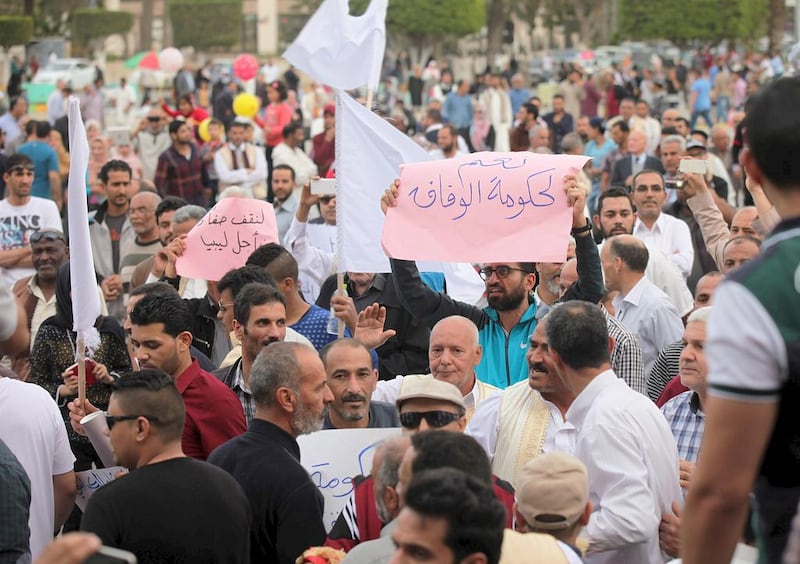We have no way of knowing yet whether the militia-backed administration in Tripoli cedeing power to the United Nations-backed unity government will be the breakthrough that will end the Libya's long and bloody civil war. But what we do know is when that breakthrough eventually occurs, the benefits to the entire country will be profound.
Libya has become the epitome of the unfinished state, despite its natural advantages of abundant hydrocarbon reserves and a relatively small, well-educated population. These advantages failed to outweigh the way its institutions were hollowed out by more than 40 years of Muammar Qaddafi’s despotic rule. When Qaddafi was deposed in 2011, the absence of a strong civil society meant there was chaos as rival groups – ranging from the militias who fought government forces through to opposition politicians – battled for supremacy. The result has been a stalemate between rival governments in Tripoli and Tobruk.
Extremist groups such as ISIL have exploited this power vacuum to base themselves in Libya to the obvious detriment of those who seek to restore peace, stability, prosperity and the rule of law. The longer the standoff between the rival governments continues, the stronger ISIL’s position will become and the greater the battle will be to defeat them.
But the benefits of resolving these rival claims go far beyond that and ought to provide a powerful incentive for the parties to settle their differences. Oil production returned almost to normal levels within a year of Qaddafi’s downfall but during the civil war since then production has hovered around 400,000 barrels a day, some of which is produced by ISIL and is helping fund its destabilising activities.
The UAE welcomed the arrival of members of the UN-backed unity government as a “positive step towards a political solution Libyan crisis”. The stability that would flow from a functioning government would allow Libya’s oil wealth to go where it should: to rebuild the country and give its citizens the basis on which they can use their ingenuity and enterprise to create businesses and jobs. The longer that process is delayed, the more difficult it will be, which is why all the parties in Libya ought to take this latest news as an opportuntiy to resolve their differences for the good of their country.





